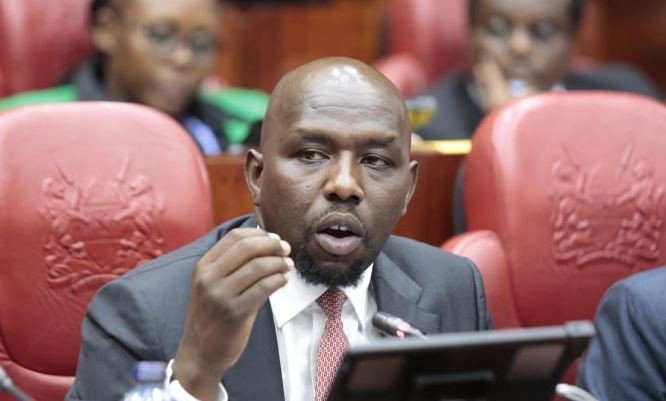Sex Trafficking Crisis: Urgent Call for Action to Protect Black Girls

In a disturbing revelation, the Senate Judiciary Committee’s failure to release decades of flight logs of the late convicted felon Jeffrey Epstein has sparked outrage, focusing attention on the issue of sex trafficking. However, a critical question remains largely unaddressed: where is the outcry for the Black girls who are currently victims of sex trafficking in Chicago?
The city of Chicago, known for its high incidence of human trafficking, has become a breeding ground for sex trafficking, particularly impacting Black girls. A recent Cook County report indicates that between 16,000 to 25,000 girls and women are ensnared in sex trafficking in Chicago, a city labeled by the FBI as one of 13 locations of “High Intensity Child Prostitution.” Shockingly, a report from the Cook County sheriff’s office revealed that within a mere two weeks, ten individuals were charged with human trafficking in Chicago last October.
During a recent visit to a café in North Lawndale, a predominantly Black low-income community, a community leader informed me of a “girls for sale” sign spotted in the neighborhood. As a professor at the University of Illinois Chicago and a Black woman dedicated to researching and safeguarding Black girls, the revelation left me deeply disturbed.
Tragically, Black girls are disproportionately targeted by traffickers at a younger age compared to their white counterparts. A 2020 report from the Congressional Black Caucus Foundation underscores this alarming reality, revealing that 40% of sex trafficking victims were identified as Black girls and women. Additionally, Black girls and women face higher rates of sexual and physical abuse compared to women of other races, with 36.9% falling victim to trafficking by their partners.
The vulnerability of Black girls to child sex trafficking is exacerbated by the intersection of their race and gender. Research indicates that Black girls endure elevated rates of sexual trauma, increased risk of sexually transmitted infections, and HIV due to their “early” bodily development. Shockingly, Black girls experience menarche around the age of 8, making them susceptible to pursuit by adults despite being minors unable to consent to sexual activities.
Further complicating matters is the oversexualization of Black women and girls’ bodies, a historical issue dating back to slavery that influences their sexual behaviors and treatment. This sexualization leads to their premature “adultification,” erasing their childhood and thrusting them into “adult roles” before they are emotionally equipped.
The perpetuation of racial and sexual stereotypes surrounding Black girls and women contributes to the dehumanization of their experiences of interpersonal violence, resulting in the suppression of their narratives. External factors such as lower socioeconomic status, involvement in the child welfare or criminal justice system, detachment from education, and a history of physical and sexual abuse further heighten the vulnerability of Black girls to sex trafficking.
Unsurprisingly, the psychological toll on Black girls subjected to sex trafficking is profound, with lasting effects including physical, sexual, and psychological violence. These traumas are associated with higher levels of post-traumatic stress disorder (PTSD), depression, and anxiety.
In the face of this crisis, it is imperative for teachers, community leaders, policymakers, elected officials, police, and families to unite in a deliberate effort to combat sex trafficking within their communities. Urgent measures, such as school-based sex trafficking prevention programs for Black girls in Chicago, must be implemented immediately.
Policymakers should reassess sex education policies to incorporate narratives that center on the voices of Black girls and women, fostering knowledge and awareness about the harsh realities and risks of sex trafficking among school faculty. While the U.S. boasts well-established educational institutions and policies mandating school attendance, the focus must shift to educating youth about gender-based human rights to empower them against falling prey to sex trafficking.
The sex trafficking of Black girls, whether in Chicago or nationwide, persists due to the reluctance of many to acknowledge, recognize, and eradicate this abhorrent crime. Each Black girl deserves our unwavering attention and protection, compelling us to confront this crisis without turning away.












